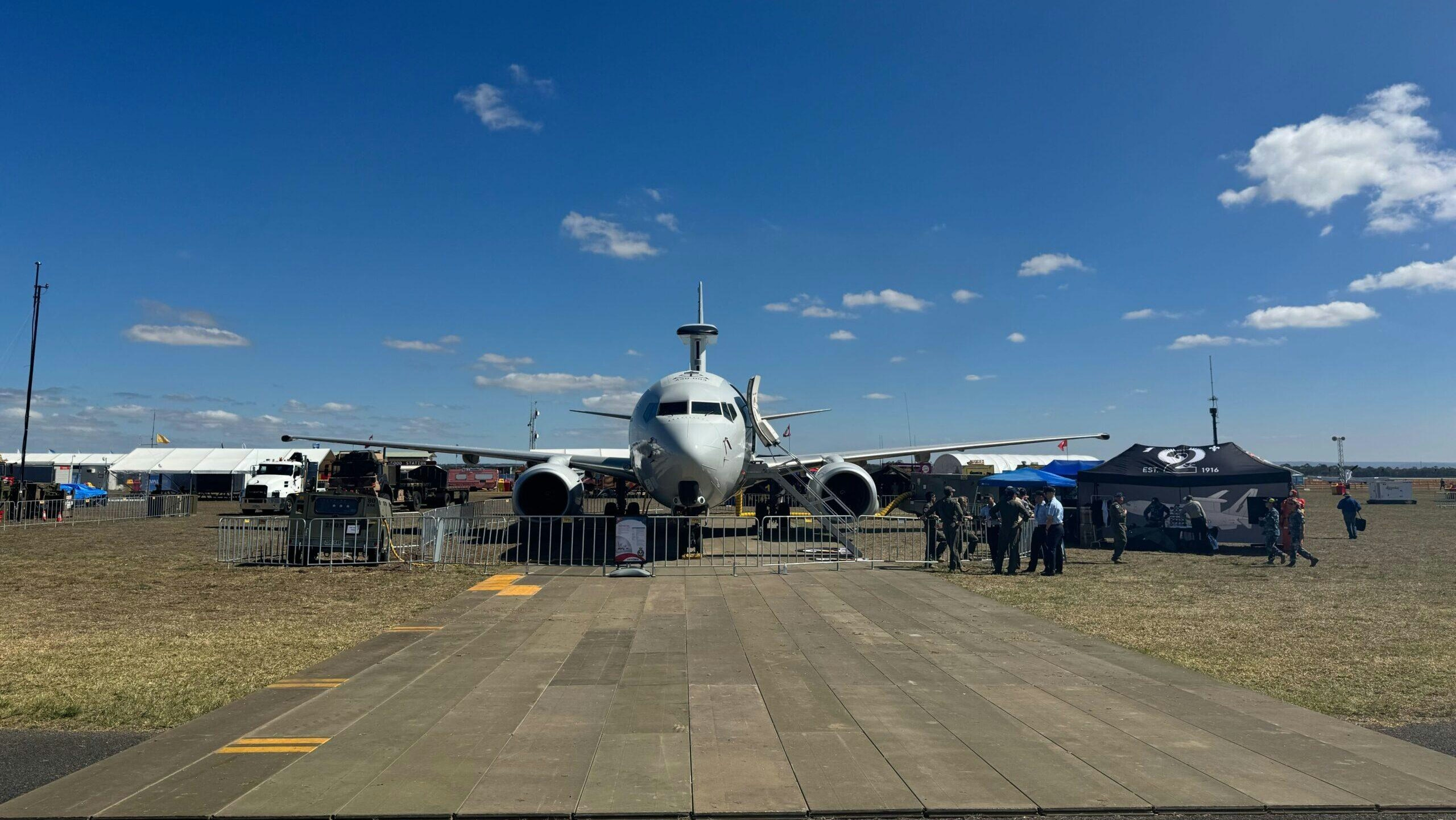AeroGenie — Your Intelligent Copilot.
Trending
Categories
Pentagon Cancels U.S. Air Force E-7 Wedgetail Program, Another Setback for Boeing

Pentagon Cancels U.S. Air Force E-7 Wedgetail Program, Marking Another Setback for Boeing
The U.S. Department of Defense has officially canceled the Boeing E-7A Wedgetail program, a key initiative designed to replace the aging E-3 Sentry airborne surveillance fleet. Multiple defense officials have confirmed that the fiscal year 2026 budget proposal will eliminate funding for the E-7’s development, citing escalating costs, persistent delays, and concerns regarding the aircraft’s survivability in contested operational environments.
Challenges and Strategic Shift
The cancellation represents a significant reversal for a platform once anticipated to serve as the cornerstone of next-generation airborne command and control for the U.S. Air Force. The Wedgetail, which is based on Boeing’s 737-700 airframe, was initially selected to provide a modern airborne early warning and control capability. However, the program encountered numerous challenges, including a cost increase from $588 million to $724 million per aircraft, alongside growing doubts about its effectiveness in high-threat scenarios.
In response, the Pentagon is redirecting its focus toward space-based surveillance solutions. Defense officials argue that these alternatives could offer faster, global coverage for the air moving target indicator (AMTI) mission. During recent congressional testimony, U.S. Secretary of Defense Pete Hegseth emphasized this strategic pivot, stating, “We wanted to be able to span the globe. That’s a space-based capability. We are bullish on space, and we think that that’s a capability that can be achieved actually faster than the E-7 will deliver at this point.”
Meanwhile, to maintain surveillance and command capabilities as the E-3 fleet is gradually retired, the Department of Defense plans to acquire additional E-2D Advanced Hawkeye aircraft as an interim solution.
Industry Impact and Market Reactions
The cancellation has elicited a range of responses within the defense sector. Industry analysts have expressed concern over the financial repercussions for Boeing, whose defense division has already been contending with development delays, budget overruns, and delivery setbacks across multiple programs. The E-7A program had envisioned the procurement of 26 aircraft, and its termination is expected to further strain Boeing’s defense revenues and exacerbate existing financial pressures.
Market reactions have been mixed. Some observers view the decision as a necessary adaptation to evolving threats and emerging technological opportunities, while others caution that the transition may create potential gaps in airborne early warning coverage. Competitors in the defense industry are anticipated to reassess their own airborne early warning and control offerings, potentially triggering shifts in market dynamics and strategic realignments.
Boeing had commenced assembly of the first E-7A prototype at its Renton facility earlier this year, following the delivery of the initial 737 airframe from Spirit AeroSystems. With the program now canceled and supply chain challenges ongoing, the future of these efforts remains uncertain.
As the Pentagon pivots toward space-based capabilities and interim reliance on the E-2D Advanced Hawkeye, the cancellation of the E-7A Wedgetail program marks a pivotal moment in U.S. airborne surveillance strategy and constitutes another significant setback for Boeing’s defense ambitions.

Emirates Unveils Cabin Design for New Boeing 777X

Eighteen Years On, the Airbus A380 Remains Central to a $34 Billion Airline

How a boom in luxury airline seats is slowing down jet deliveries

Navitaire Outage Attributed to Planned Maintenance

DigiYatra Debuts Outside Aviation at India AI Impact Summit

Vietnam Orders Strengthen Boeing’s Commercial Outlook

Airbus Signals Uncertainty Over Future A400M Orders

JobsOhio Awards $2 Million Grant to Hartzell Propeller for Innovation Center

Collins Aerospace Tests Sidekick Autonomy Software on YFQ-42A for U.S. Air Force CCA Program

How the Airbus A350-1000 Compares to the Boeing 777
